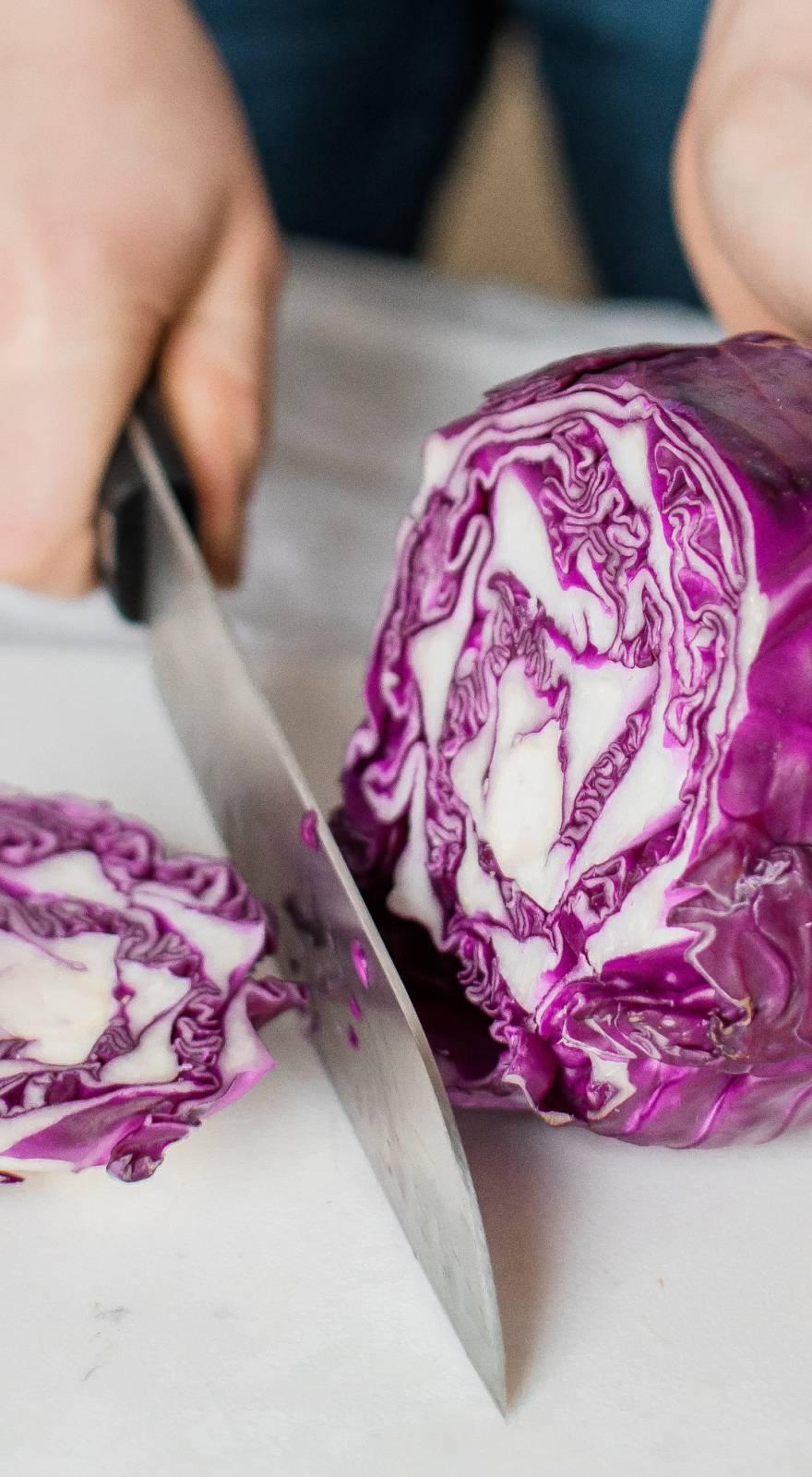Knowde Enhanced TDS
Identification & Functionality
- Ingredient Name
- Food Ingredients Functions
- Ingredients
- Agave Syrup
- Technologies
- Product Families
- Production
Agave syrup, also known as agave syrup, is a natural product from the plant juices of agaves. It is extracted from Mexican agaves and produced in Mexico. Agaves belong to the asparagus family. All agaves have one thing in common: they grow very old and it often takes decades before they flower. However, they only bloom once. The plant dies soon afterwards, the seeds from the inflorescence provide offspring. Agaves are robust and less susceptible to diseases and pests. They thrive on almost any soil and their roots are able to extract water from deeper layers. Agaves tolerate heat well, but constant severe cold and waterlogging damage them. To obtain agave syrup, the leaves of the plant are removed and the juice is pressed from the agave heart, the so-called “piña”.
- Harvest
The variety Agave tequilana is particularly suitable for the production of agave syrup. The thick leaves of the agave are removed during the harvest. The agave hearts are collected and pressed in the processing plants. The sap is filtered and then heated. This process converts the multiple sugars it contains into simple sugars. The next step is to thicken the juice to syrup consistency. It remains somewhat more liquid than honey, its color can range from almost crystal clear to yellowish to a light brown tone.
- Flavor
Agave syrup is very sweet, its taste is clearly reminiscent of caramel.
- Yield
During production, the juice is thickened, i.e. the quantity is reduced. Exact figures for the entire production are not available because the yield of this natural product fluctuates. Demand also regulates the cultivation and extraction of agave syrup.
Features & Benefits
- Labeling Claims
- Food Ingredients Features
- Sustainability
Like many overseas products, agave syrup is a frequent cause for criticism. Those who only reflect on the life cycle assessment on the basis of transport routes may not even be wrong. However, all the circumstances of cultivation and production must be considered. The cultivation of agaves and the production of agave syrup is a valuable contribution to the livelihood of the local population. Agaves can also be used in many ways. The locals love roasted flower buds and agave leaves. Tequila, an important export good, is distilled from the juice of the agaves. Last but not least, agaves are valuable fiber suppliers. Widely known is the sisal agave, which gave the name to the natural products of the same name.
Applications & Uses
- Markets
- Applications
- Food & Nutrition Applications
- Use
In the vegan diet, agave syrup is valued as an alternative to honey. Organic agave syrup is heated as little as necessary to preserve the valuable ingredients. It has this characteristic in common with honey. Agave syrup tastes good in drinks, a few drops round off savory dishes. It is suitable for the production of dressings and tastes good with pancakes and waffles. Desserts give Agave syrup its typical aroma and appealing color.
Properties
- Nutritional Information
| Value | Units | Test Method / Conditions | |
| Energy | 312 / 1308 | kcal / kJ | - |
| Carbohydrates | 75.0 | g | - |
| davon Zucker thereof Sugar | 75.0 | g | - |
| Fat | 0.9 | g | - |
| gesättigte Fettsäuren saturated fatty acids <0,1 g Protein Protein | 0.1 | g | - |
| Dietary fiber | ax. 0.5 | g | - |
| Salt | 0.03 | g | - |
Regulatory & Compliance
- Certifications & Compliance
- Regulatory
- Gluten free
- Lactose free
- Vegan
- organic 100%
Packaging & Availability
- Packaging
IBC drum / canister
Storage & Handling
- Storage
Keep cool and dry Min. 12 months from production date

